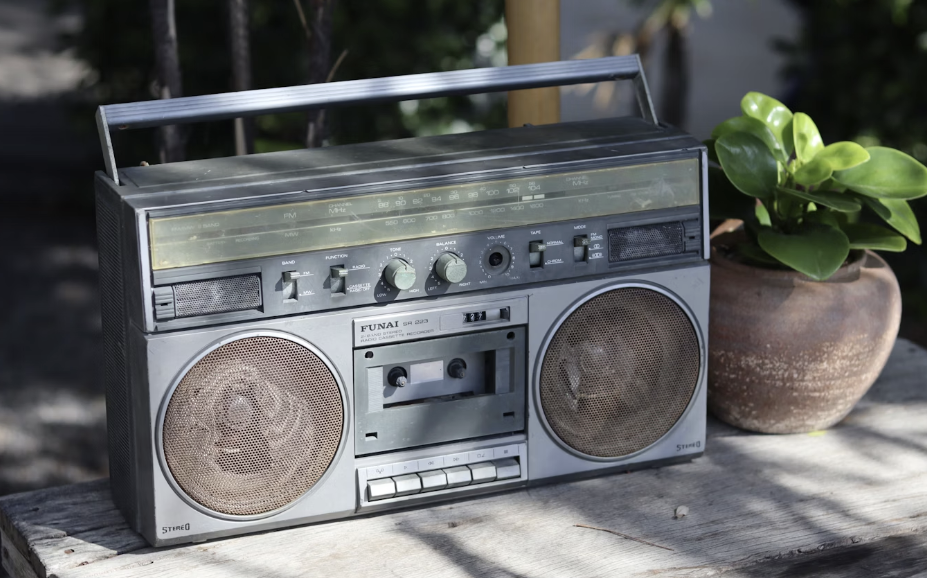Is Radio Still Relevant When We Have Access to So Much Entertainment Now?

Screens and apps take up so much space in our lives. Is there still a place for radio?
Surprisingly, yes. Let’s face it: the radio has long been a trusted companion. It feels personal, like a friend chatting beside you during your morning commute or while you’re making dinner. We’re now seeing the same principles that radio is built on in modern technology with podcasts and YouTube interviews. The only difference is the ease of a radio. You don’t need to pick a podcast or scroll through endless playlists. All you need is to turn on the radio, and you’re in the conversation. It’s easy, so people include it in their routines.
Still, radio isn’t the only way people unwind. While its ease and familiarity are strengths, some listeners crave a more active form of engagement. That’s where online gaming and digital casinos enter the picture. Unlike radio’s passive, background companionship, these platforms offer an adrenaline hit, instant feedback, fast-paced play, and the possibility of reward. Both serve the same core purpose: helping people relax and detach from daily pressures. Where radio offers calm and company, gaming delivers stimulation and suspense. People often look through an up-to-date list of new casino sites to have a few spins after work or a quick blackjack round on the sofa.
Streaming platforms like Apple Music and Spotify let you choose the exact track you want and customise your listening experience. These platforms are also well-liked for their diverse range of music. You could be listening to hard bebop jazz in one moment, and in the next, a 1980s Slovenian rock band. This access is something you can’t find elsewhere. That being said, sometimes there are too many choices. With radio, you don’t need to decide. You just listen and let go. This is great for people who find it tiring to ask: What should I play next? The truth is streaming platforms let you choose what you want and when you want it, which is appealing for those who want more control over what they’re listening to. Radio doesn’t offer the same.
Television and cinema remain major players, especially for blockbuster releases or live broadcasts. However, one of the biggest draws of radio is its daily accessibility. It’s built into cars, phones, and home devices, often requiring no subscriptions or sign-ups.
Podcasts and audiobooks are booming with loads of niche stories and deep dives. However, they demand planning, picking topics, subscribing, and downloading. Radio doesn’t ask that. You switch it on and it’s there. With music hours, news, and phone‑in shows, it fits moods without effort. That being said, getting to choose what exact topic you want to listen to is incredibly appealing, and this is something you can’t do when listening to the radio.
The regularity of radio is a strength. People still rely on it for traffic updates, weather bulletins, and quick news. Not out of habit, but because it works. No unlocking phones or opening apps. Just tune in. Mornings, grocery runs, gardening, late-night drives.
Stations stay engaging with live quizzes, social media shout‑outs, and even behind‑the‑scenes cams. Hosts tease what’s next or invite stories. That gives a feeling of belonging. When a host reads your message aloud, it feels real. It’s not robotic. Instead, it’s like talking to a mate.

